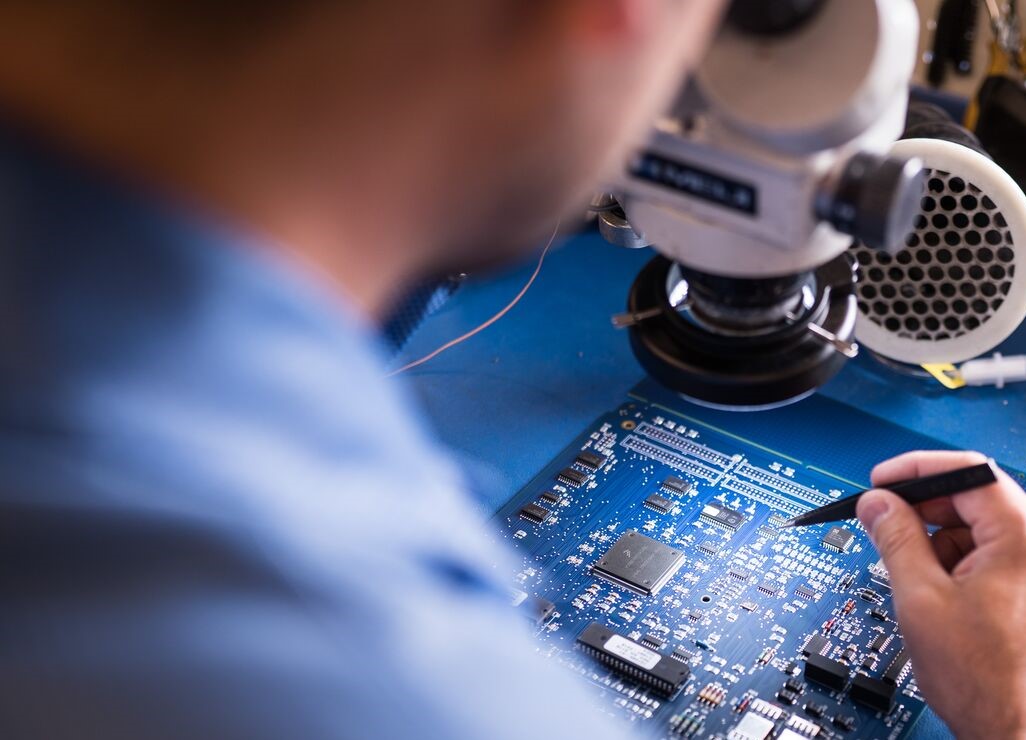Industrial sensors have become vital components in modern manufacturing facilities. By helping machines gather real-time data about production processes, sensors are driving smarter manufacturing through increased automation, quality control and predictive maintenance. Let’s take a closer look at the role of sensors in transforming industrial operations.
The Rise of Sensor Technology
Sensors have come a long way since the early devices that simply provided on/off signals. Advanced sensor technologies now allow for highly precise and continuous measurement of a wide range of parameters. Sensor components have also greatly miniaturized, enabling their placement nearly anywhere on the factory floor.
These developments have been fueled by the needs of Industry 4.0, an initiative promoting digital transformation and interconnectivity in manufacturing. With smarter sensors providing a wealth of real-time data, companies can better monitor products and processes, spot inefficiencies, predict issues and automate routine tasks. As a result, sensor technology is more widely adopted across industries like automotive, food processing, precision manufacturing and more.
Real-Time Process Monitoring with Sensors
On production lines, sensors play a critical monitoring role. Proximity, limit and pressure sensors ensure machinery operates safely within defined parameters. Temperature, weight and level sensors provide constant feedback on processes like heating, filling and blending.
This real-time data streaming from sensors allows managers to oversee operations from control rooms. Any divergences can be identified and corrected immediately before causing costly defects or downtime. Remote monitoring also improves productivity by freeing staff for more critical roles.
Over 250 sensors may be installed on a single automobile to oversee functions from engine ignition to airbag deployment. In food manufacturing, sensors check attributes such as weight, length, density and foreign object detection with high accuracy. This level of detailed monitoring was impossible without today’s advanced sensing technologies.
Quality Control Through Machine Vision
Machine vision systems utilize camera sensors and software to automatically inspect products and check for defects. In applications like pharmaceutical pills inspection, pixels per inch resolutions support identification of tiny flaws. Computer algorithms then analyze image data to ensure strict quality standards are met.
Rather than relying on human inspectors to manually examine each item, automated vision systems can screen hundreds or thousands of products per minute. Any anomalies are flagged for further inspection or removal from production lines. This degree of process rigor was previously unachievable, reducing waste from defective units. Machine vision is transforming quality control across industries.
Predictive Maintenance with Sensor Data Analytics
Sensors don’t just provide real-time oversight – they also generate huge volumes of operational data over time. When this historical sensor information is analyzed through industrial Internet of Things (IIoT) and predictive analytics technologies, it reveals patterns that predict future equipment issues.
By monitoring small changes in variables like vibration levels, temperature fluctuations or motor performance, maintenance teams receive early warnings of potential mechanical failures. Rather than reacting to breakdowns, they proactively perform repairs when downtime is most convenient. This predictive approach lowers maintenance costs tremendously while minimizing production disruptions.
An aluminum smelting plant used analytics on sensor data to detect tiny performance changes in potlines several weeks before any issues manifested. Proper maintenance was then scheduled, avoiding unplanned outages estimated at $3 million each. Sensors paired with analytics software are empowering a new era of predictive servicing across critical infrastructure.
Continued Advancements in Sensor Technology
The Industrial Sensors revolution will undoubtedly drive further advancement of sensor capabilities. Miniaturized MEMS sensor modules may combine multiple measurements in a single integrated package. Wireless sensors will facilitate placement anywhere without wiring restrictions. Self-powered sensors could operate for decades without battery replacements.
Advancements in materials science may lead to new types of smart sensors capable of withstanding extreme temperatures, pressures, radiation or corrosive environments. Developments in artificial intelligence, sensor fusion and edge analytics will also enhance how sensor data insights are extracted.
As manufacturing transforms digitally, sensors will play an ever more strategic role in enabling smart factory environments. By outfitting machinery, work cells and products with sophisticated intelligent sensing components, companies can optimize production processes, product quality and asset performance like never before. The ongoing development of new sensor technologies ensures Industry 4.0 visions of fully connected and autonomous manufacturing operations become reality.
*Note:
1. Source: Coherent Market Insights, Public sources, Desk research
2. We have leveraged AI tools to mine information and compile it

